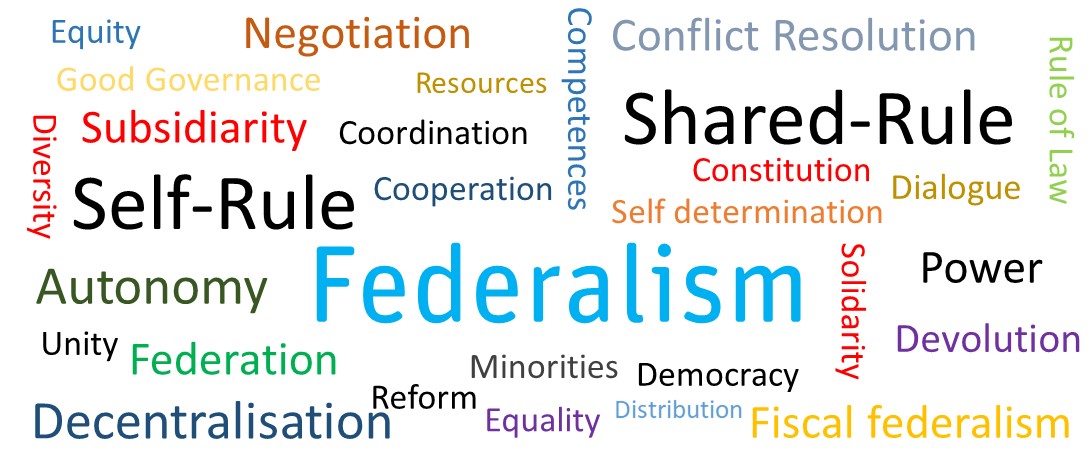Abstract
Bosnia and Herzegovina is a complex state composed of two entities: the Federation of BiH and Republika Srpska, and one independent unit – Brčko District, as well as three constituent peoples: Bosniaks, Croats and Serbs. The Constitution does not mention the word federation, thus it is not formally defined whether BiH has a federal or confederal character. Strengthened competences of the state and a clear direction towards greater empowerment of the state level institutions suggest a movement from a confederation to a federation. However, while there is no agreement on what exactly Bosnia is, what is even more alarming is the abuse of the concept of federalism by Bosnian elites. Serbs consciously misinterpret federalism to underline their demand for more autonomy and, ultimately, secession. Croats see federalism as a tool to argue for a third entity, while Bosniaks promote the idea of regionalism instead. Thus, despite the fact that it has been twenty years since the first post-war elections, nothing has really changed; Bosnia and Herzegovina remains a highly unbalanced and badly constructed federation.

